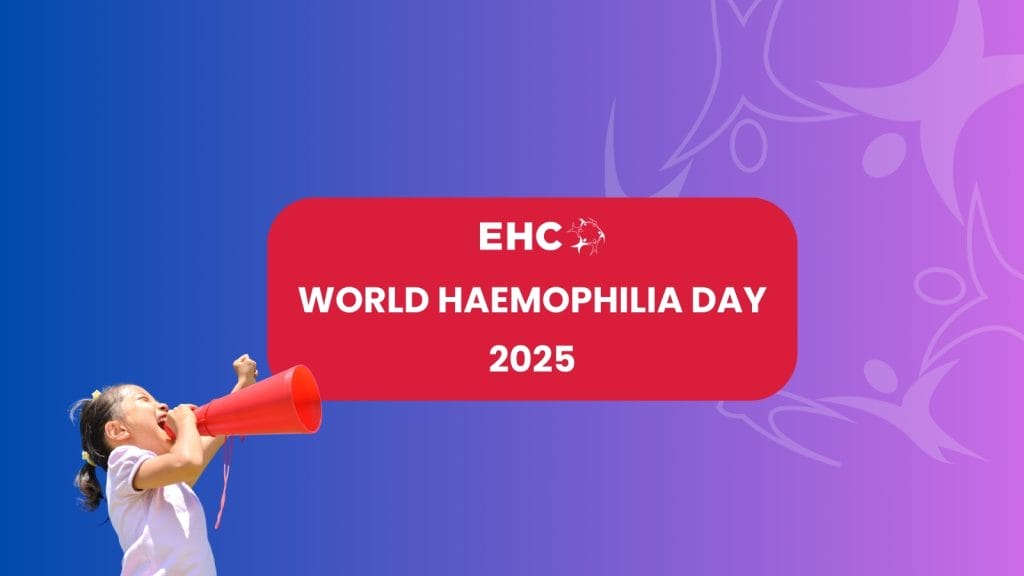Our news and insights


13 May 2025
News
European Medicines Agency (EMA) reports a supply shortage of NovoSeven in several EU countries
The supply shortage or limited availability affects some of the EU Member States where the medicine is marketed, including Belgium, Denmark, France, Germany, Luxembourg and Sweden; in some Member States, English-labelled packs for certain doses will be available until the end of 2025.

17 April 2025
Awareness
EHC marks World Haemophilia Day 2025: Is haemophilia (fe)male?
Haemophilia is often perceived as a condition that only affects men, and this outdated view continues to affect care, diagnosis, and understanding of the condition in women. To challenge this bias and raise awareness, the EHC is releasing two new resources on World Haemophilia Day 2025.

7 April 2025
Awareness
World Health Day: New EHC Position Paper Calls for Action on Women with Bleeding Disorders
Building on the discussions and momentum from the latest EHC Round Table on Advancing Women’s Health, on World Health Day, the EHC releases a new position paper urging policymakers to address the unique challenges faced by women with bleeding disorders.
Stay up-to-date with the latest EHC activities and events!




